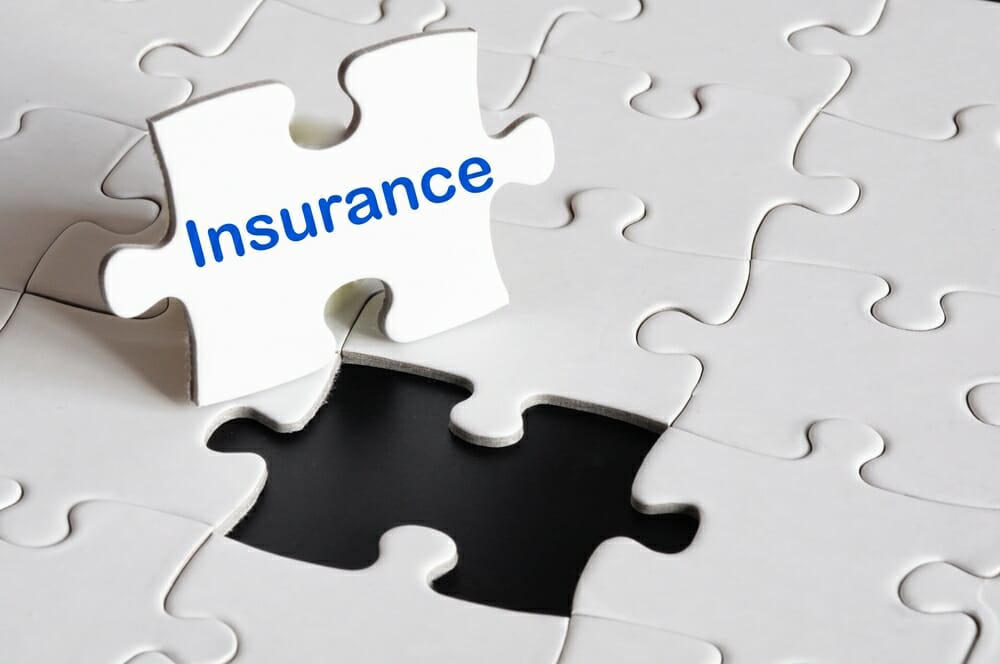
{Read in 5 Minutes} As a Trusts & Estates attorney, I frequently end up discussing various aspects of estate plans with people, including their Wills and Trusts.
When I meet with a new estate planning client, one of the things that we always talk about is what assets they have that would potentially be left to a beneficiary upon their death. We do this for two reasons. First, for a Will to be valid and survive a probate challenge, the person making the Will needs to have testamentary capacity. This means that they know the approximate extent of their assets and the natural objects of their bounty.
The second reason is more practical. I need to know what the person has in order to help them craft a Will that is going to ultimately leave it to somebody.
Assets come in all shapes and sizes and, often, a person may have a life insurance policy. A life insurance policy may be something that the client has gone out and purchased, or it may be something that they received as an employment or retiree benefit from their employer or trade union.
In either situation, it’s worthwhile to revisit how a life insurance policy may pay into an estate plan. First, it’s helpful to note that like many other types of assets, such as joint bank accounts or retirement accounts, the death benefit on a life insurance policy passes outside the Estate. Its beneficiary is determined by a beneficiary designation form. This means that even if I address the life insurance policy specifically in my client’s Will, the Will does not control who gets it. Whomever the client listed on the beneficiary designation form is going to get it, period.
This is an essential element of an estate plan, making sure that your wishes are actually going to be carried out. How do you ensure that you do this? Well, I always tell people that it’s important to review your estate planning every few years. That doesn’t necessarily mean that you need to do it over. Like reviewing your existing Will, you should review the beneficiary designation form every few years to make sure it reflects your wishes. Unfortunately, I have seen situations where people have failed to update their beneficiary designation forms after breaking up with a long-term partner. This can cause some really heartbreaking results.
Another thing that’s important with life insurance is the idea that sometimes you need to create liquidity in an Estate in a situation where the Estate will need to make payments of an estate tax. This is particularly important in an Estate where you have liquid assets such as an operating business, a significant amount of real property, or a property that the surviving beneficiaries might continue to use as a primary residence.
Sometimes people like to use life insurance policies in order to fund the payment of estate taxes. If done correctly, it can be completely excluded from the tax base, creating a tax-free pool of liquid assets to pay the taxes. However, with many people leaving funds to their spouse and the increasing exemption amounts, fewer and fewer people are paying estate taxes.
Whenever someone comes in to see me and they have a life insurance policy, I ask them why they have it. Sometimes, someone has simply told them that it is a good idea for them to have it. I’m not someone who is licensed to give financial advice, so I don’t give those clients financial advice, nor will I comment upon it here beyond saying that like any other asset you own, it is a good idea to review the decision with a qualified professional and make sure that it is worthwhile for you. For people who have a need for life insurance, they absolutely should have it. For those who don’t, it may be an invoice that they want to reconsider.
For more information on this topic, please contact me.

